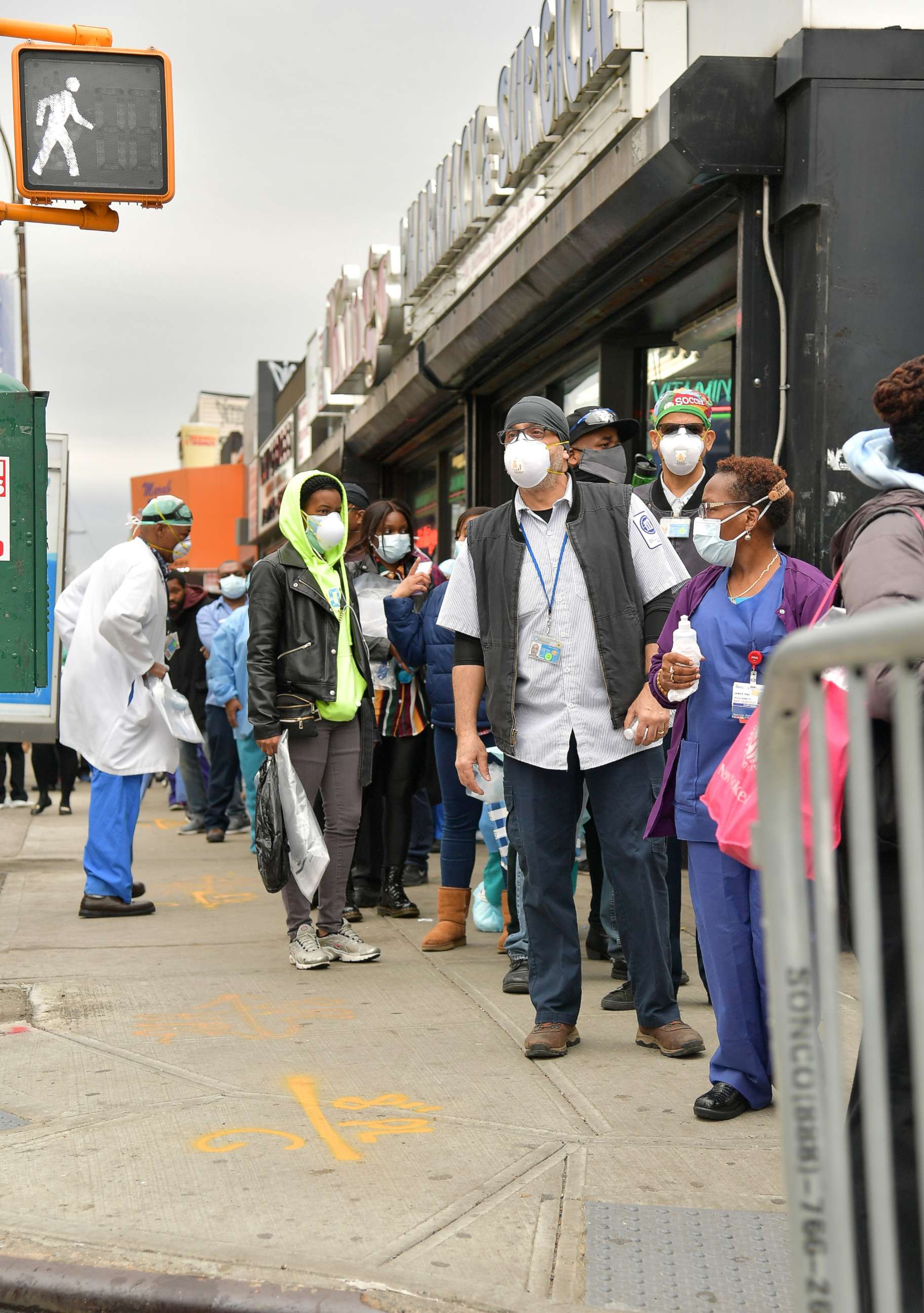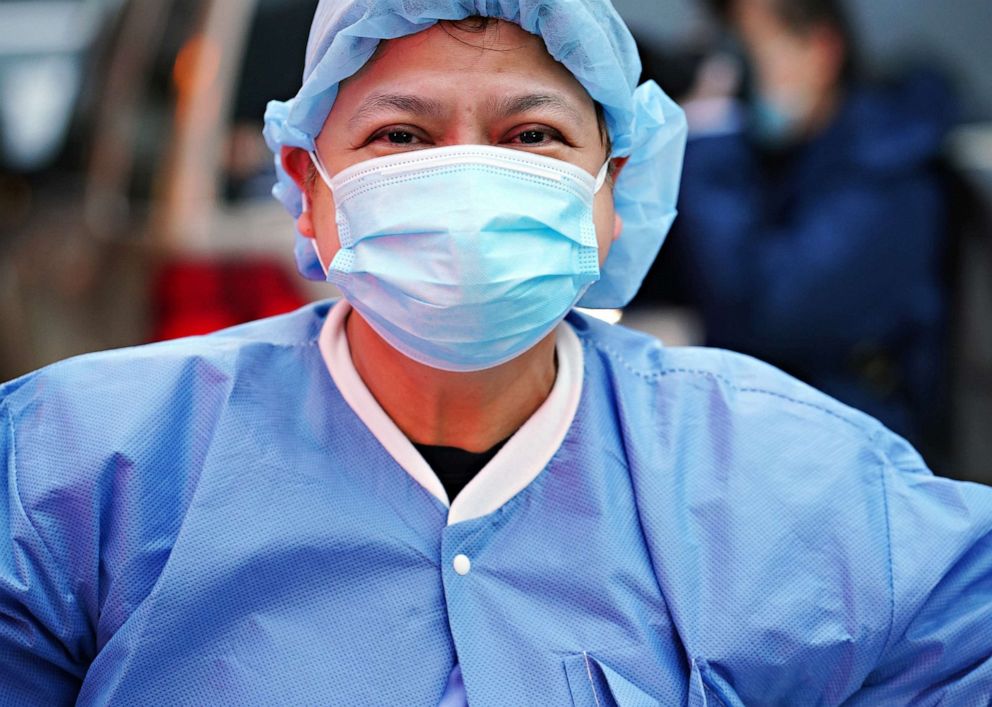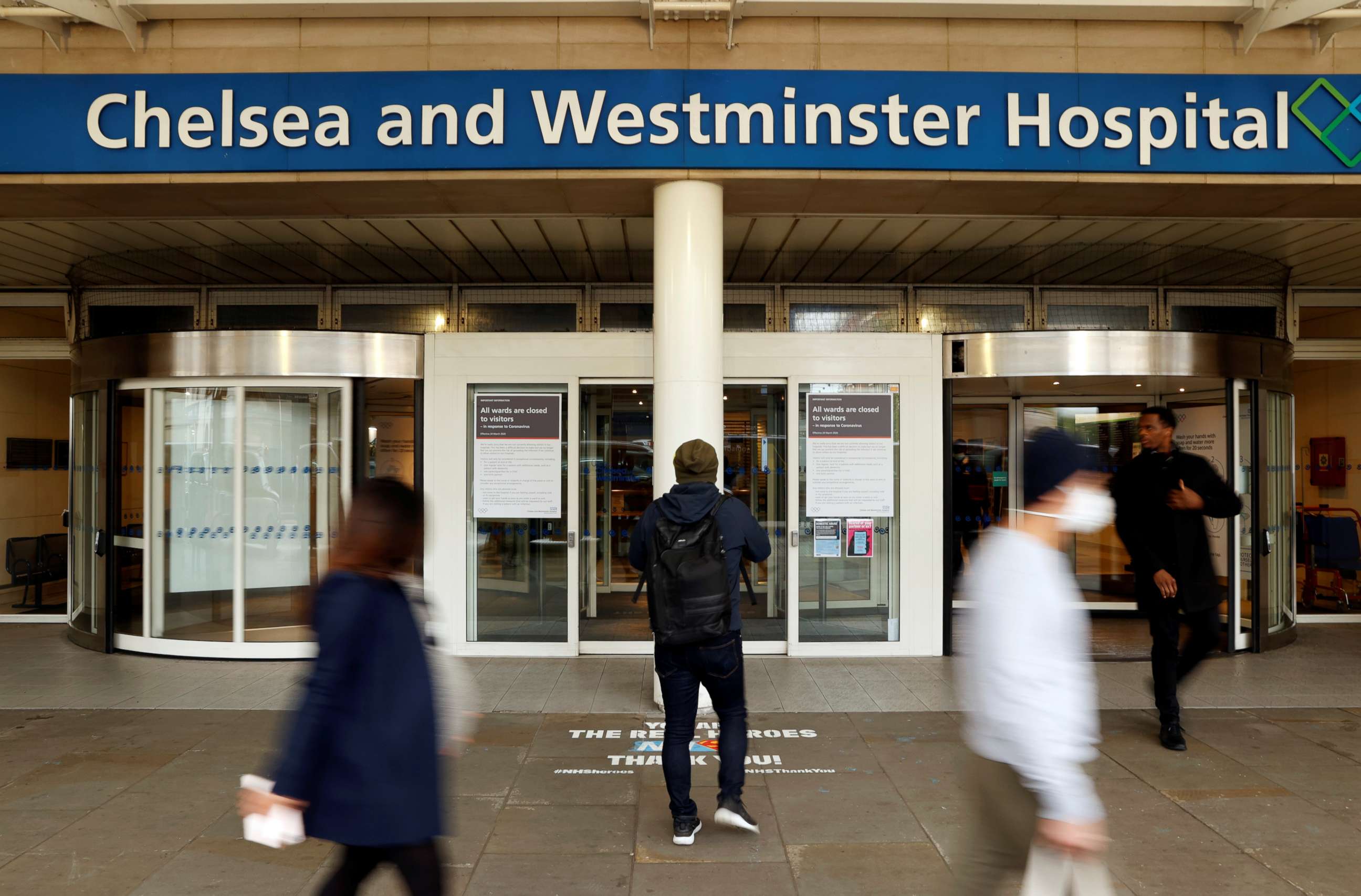How doctors are keeping patients safe as elective surgery resumes
Approximately 20 states have resumed elective surgeries during COVID-19.
As businesses reopen and we embrace the new normal, many are eager to reschedule "elective" operations that were delayed because of the lockdowns.
As of May 1, approximately 20 states had resumed some elective surgeries, with a handful more planning to do so in coming weeks.
Elective surgeries for non-life-threatening conditions range widely -- knee replacements, tumor removals, some organ transplants -- and were postponed to help avoid overcrowding at hospitals.
"'Elective surgery' is a very general term that's often confused with 'optional surgery.' But elective surgeries are almost always necessary at some point," Dr. Guy Sneed, chief medical officer of Hillcrest Healthcare System in Oklahoma, told ABC News. "With these elective surgeries on hold, patients with medically necessary and painful conditions -- orthopedic, neurological and cancer-related -- are waiting."
Many hospitals during the pandemic have adopted a tiered approach to prioritize elective surgeries.
And it's not just patients who are eager to reschedule these procedures -- hospitals are motivated to get patients back into the operating rooms because pricey elective procedures are one of their biggest sources of revenue.

Amid shortages of personal protective equipment and the ongoing pandemic, critics have questioned whether hospitals are too quickly re-offering elective procedures, especially with many potential patients understandably worried about visiting hospitals.
However, hospitals across the country have been reassuring patients that they've expanded and added safety procedures -- and that once in an operating room, it's one of the safest places to be.
Specifically, hospitals are ramping up COVID-19 testing, and many will require all patients to be tested for the virus before a surgery. Nearly all hospitals also are screening health care staff for COVID-19, restricting visitors, instituting new procedures and using new equipment in operating rooms.
"We've always had universal safety precautions for everyone in the hospital and operating room. Now, they are enhanced," said Dr. Jean Kutners, chief medical officer for UCHealth University of Colorado Hospital.

New patients are encouraged -- and at some institutions, required -- to get tested for COVID-19 within five days of the surgery, either at that hospital or another affiliated clinic or drive-through site. The tests also help protect patients and health care providers.
At many hospital entrances, staffers have their temperatures checked and complete a survey to screen for possible COVID-19 symptoms upon entering. Stanford Hospital is even testing employees who aren't showing with symptoms -- so far, almost 8,000 have volunteered to be tested.
There's no evidence to suggest providers are passing the virus onto patients, said Dr. Mary Hawn, chair of the Department of Surgery at Stanford. Patients are often screened before they ever step foot into the hospital, sometimes over the phone.
To minimize exposures, hospitals are also limiting visitors.

"The main difference for our patients is that we aren't allowing visitors to come in. That is a true hardship," Hawn added. "Allowing other people into the health care system that don't need to be there increases that risk for spread from community into the hospital."
Stanford is making exceptions for parents of children and in compassionate cases, when it could be especially important for a family member to see a patient.
Hospitals vary in their practices to protect their staff. Some institutions require all surgeons, anesthesiologists, nurses and technicians to wear N95 masks, even if a patient tests negative.
Although the coronavirus is not airborne under normal circumstances, fine respiratory particles can linger in the air when patients are intubated, or hooked up to a breathing machine, which is common in some procedures. That means medical staff present during surgery may be at greater risk of infection.
"Those at highest risk -- an anesthesiologist, neck surgeon or lung surgeon -- may even wear what we call a 'PAPR.' They've got a hood that blows filtered air in to keep aerosols from coming in," Hawn explained.
At the University of Colorado, the hospital has a special team that performs most intubations in full PAPR gear. If a patient tests positive for COVID-19, the anesthesiologist removes the breathing tube during extubation in a separate negative-pressure isolation room. Some hospitals cycle the air inside the operating room for extra time in an attempt to filter out any lingering viruses.
Surgeries often require an orchestration of six to eight staff members, and some hospitals recently have reduced the number of people allowed in operating rooms.
Still, many hospitals are urging people to address their health needs as soon as it's safe. One hospital in Colorado noted a staggering 40% drop in the number of patients who visited the emergency room compared to the same period a year ago.
"I know that some people may be concerned to come to a hospital right now, but because we are taking so many precautions ... the emergency departments are safer than most stores and public areas," Dr. Richard Zane, chief innovation officer for UCHealth, said in a statement. "The likelihood of dying from delayed treatment of common conditions is far higher than dying from COVID-related illness."
Tiffany Kung, M.D., a resident physician at Presbyterian/St. Luke's Hospital in Denver, is a contributor to the ABC News Medical Unit.



